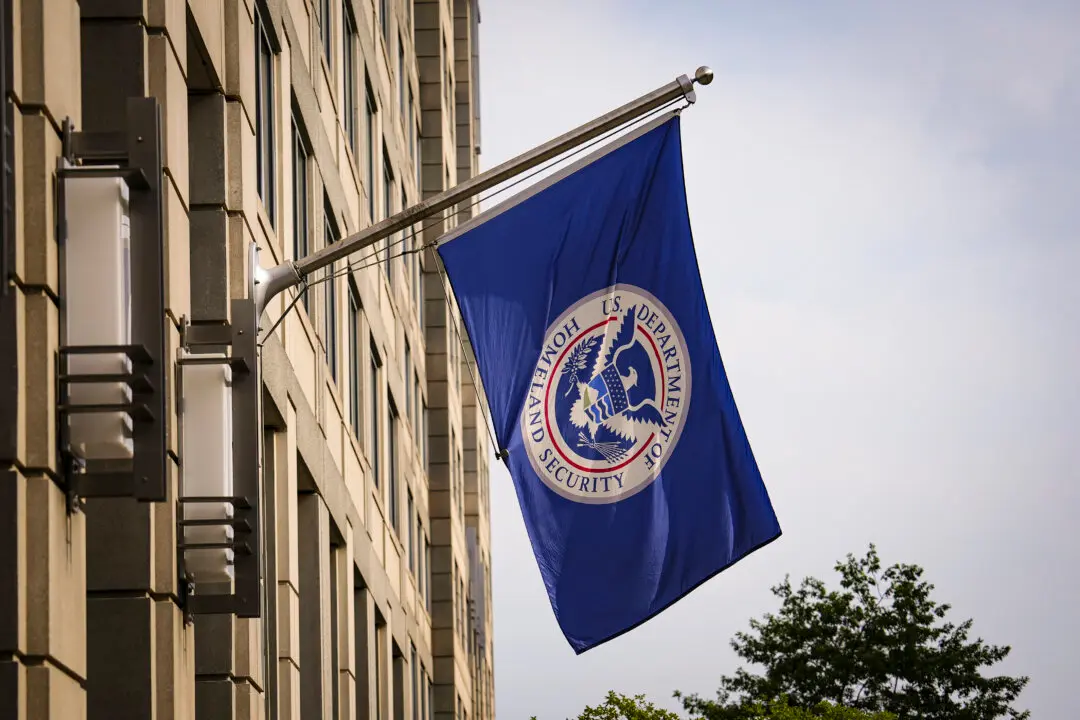A federal appeals court last week reversed a lower court decision that had thrown out a lawsuit by a student who was duped by a fake university set up by Immigration and Customs Enforcement, court documents show.
The ruling handed down by the U.S. Court of Appeals for the Federal Circuit on June 25 opens the door for Teja Ravi and others to sue over the phony college, which was set up by ICE in 2015 and advertised online.
The fictional University of Farmington, part of an undercover operation, came to light publicly in 2019 when eight people were indicted in Michigan on counts of visa fraud and “harboring aliens for profit.”
The operation was aimed at targeting fraud involving student visas, but the university provided no classes, no curriculum and no educators, according to court documents.
Ravi was one of the people fooled when he applied to the fake school, and he was never repaid his tuition, he alleged in the lawsuit.
The Department of Homeland Security, of which ICE is a part, did not immediately respond to a request for comment Wednesday night about the claims in the suit or the appeals court decision.
“The government’s operation eventually came to light, but the government neither provided the paid-for education nor gave Mr. Ravi his money back,” the appeals court wrote in its opinion.
Ravi, a citizen of India who was living in Houston when he applied in 2018, filed a class action lawsuit on behalf of himself and all the other students, alleging breach of contract.
Ravi said in the lawsuit that he paid $12,500 in tuition to what he thought was a legitimate higher education institution. He said that he even received emails from people purporting to be university officials, giving it an air of legitimacy.
Two other prospective students mentioned in the suit paid tuition costs of $10,000 and $15,000, respectively, according to the filing.
A lower court judge in March dismissed Ravi’s suit for lack of subject matter jurisdiction.
The appeals court reversed that judgment and sent the case back.
It cited case law and precedent to answer whether the government while conducting a sovereign function — like a criminal investigation and prosecution — was engaging in an agreement similar to those formed by private parties.
Immigration and Customs Enforcement, known as ICE, stopped operating the fake school in 2019.
ICE has acknowledged that the school was a sting, and said that the eight defendants charged in the investigation conspired to recruit people for what an ICE official described in a 2020 statement as “an illegal pay-to-stay scam.”
Ravi, who was not charged, enrolled in 2018, hoping to earn a master’s degree in information technology, one year before the school was exposed as fake, the federal appellate court wrote in its decision.
After the fake school was exposed, Ravi left the U.S. and returned to India, court documents say.
Ravi’s attorney in the civil suit did not immediately respond to a request for comment Wednesday night.
The eight people who were indicted in the conspiracy case were accused of trying to illegally help hundreds of foreign citizens stay and work in the U.S. by signing them up for what turned out to be the fake ICE school.
They were sentenced in 2020 to prison terms ranging from 6 months to two years, the U.S. Attorney’s Office in Detroit said at the time.




















































































